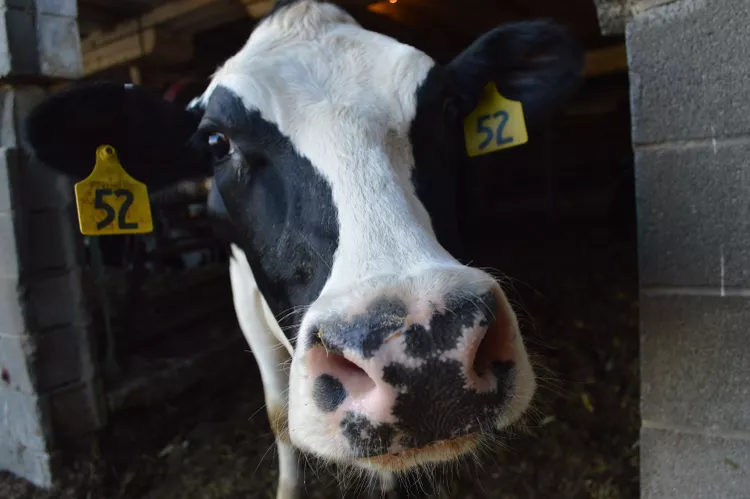
In a report called Expiration of the Farm Bill, the Congressional Research Service said dairy subsidies could cost between $15 billion and $19 billion a year — a 28-fold increase — under rules that would go into effect on Jan. 1 without enactment of a new farm bill, extension of the current law, or suspension of the underlying, permanent law.
The cost of price supports for dairy, and for an array of field crops, could skyrocket if Congress allows the 2018 farm law to expire without a replacement, estimated the Congressional Research Service. In a report called Expiration of the Farm Bill, the CRS said dairy subsidies could cost between $15 billion and $19 billion a year — a 28-fold increase — under rules that would go into effect on Jan. 1 without enactment of a new farm bill, extension of the current law, or suspension of the underlying, permanent law.
“The commodity support provisions of the 1938 and 1949 acts are commonly viewed as so fundamentally different from current policy and potentially costly to the federal government that Congress has been reluctant to let permanent law take effect,” said the report.
Reversion to the permanent law is the bogeyman of the farm bill and is often cited when time is running out for Congress to act. Permanent law bases support prices on price relationships that existed from 1910 to 1914. Under so-called parity pricing, the USDA-guaranteed price for fresh milk would be $50.70 per 100 pounds, or 2.5 times higher than recent market prices. The corn support price would be $7.65 a bushel, the cotton price would be $1.61 a pound, and the wheat price could be as much as $15.30 a bushel — all three far higher than recent market prices and rates set in the 2018 farm law.
Authorization for the current dairy support program would expire on Jan. 1 under the terms of the 2018 farm law. Authorization for field crop supports would expire at various times tied to crop years, mostly in the spring or summer.
Soybeans, peanuts, sugarcane, and sugar beets were not included in the permanent farm law. Covered commodities include dairy, wheat, rice, cotton, corn, sorghum, barley, oats, and rye.
For more information: https://thefern.org/ag_insider/























